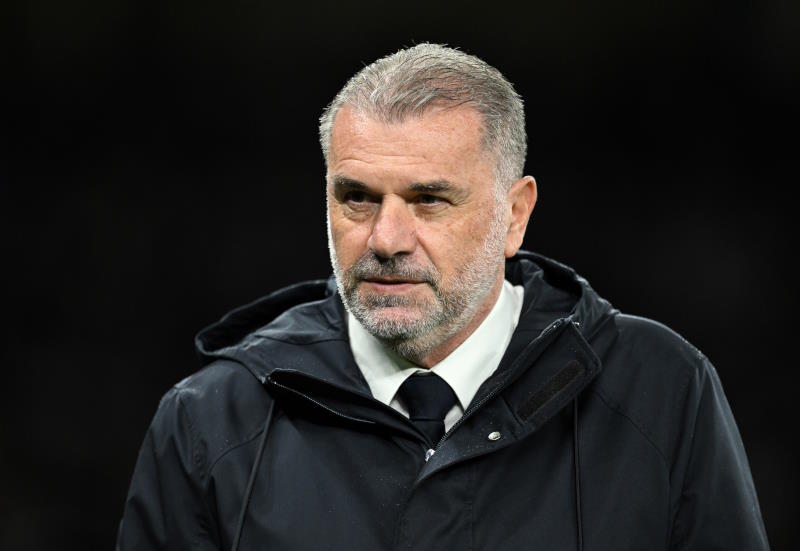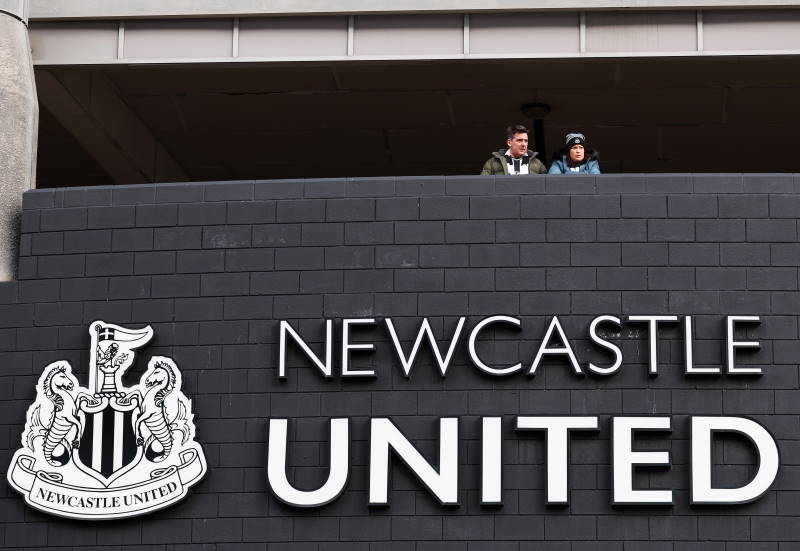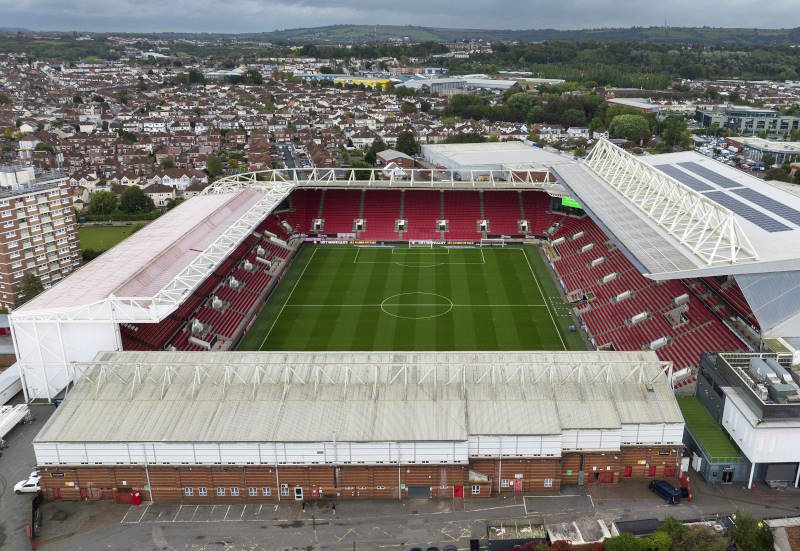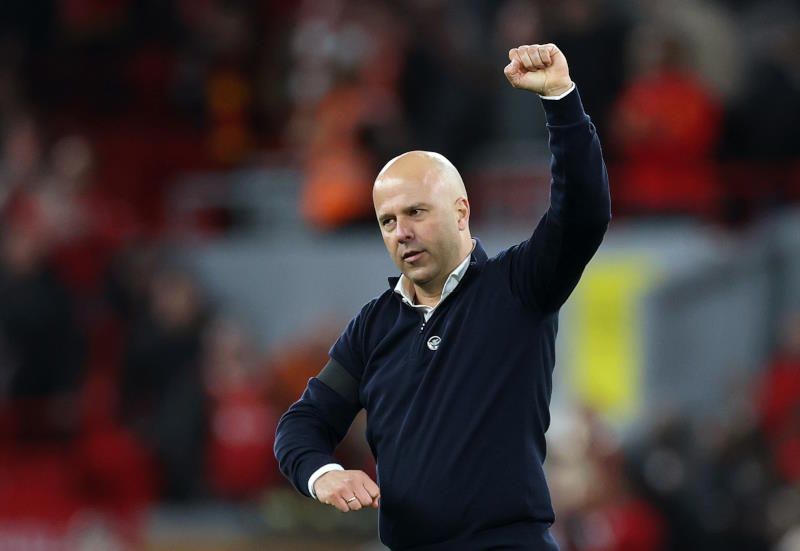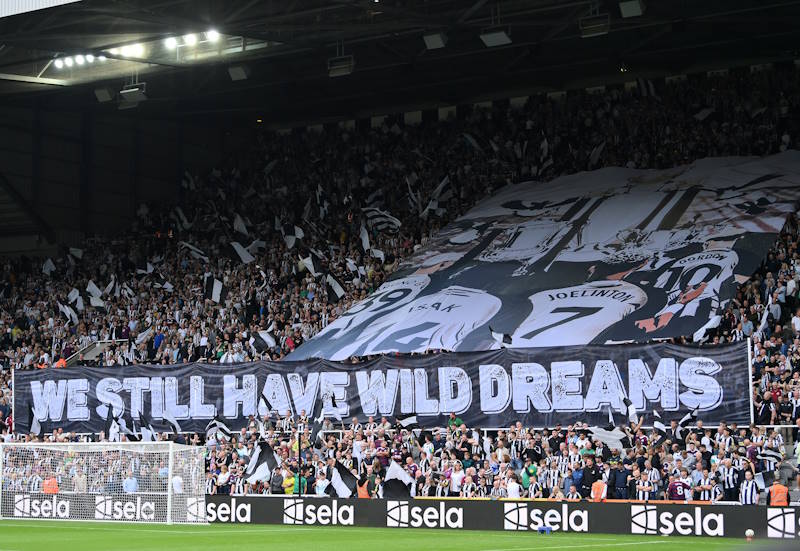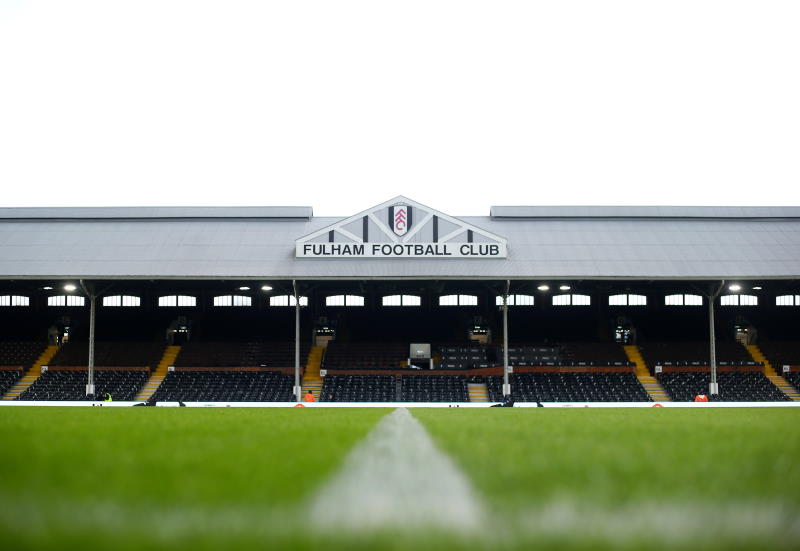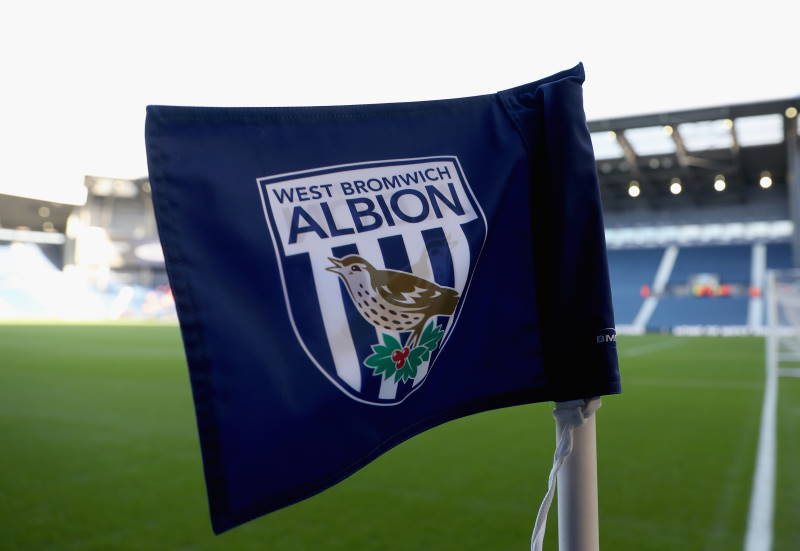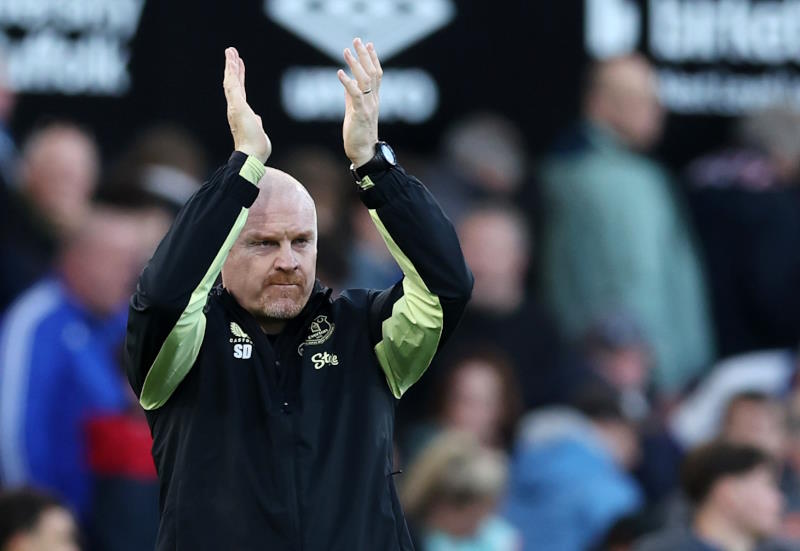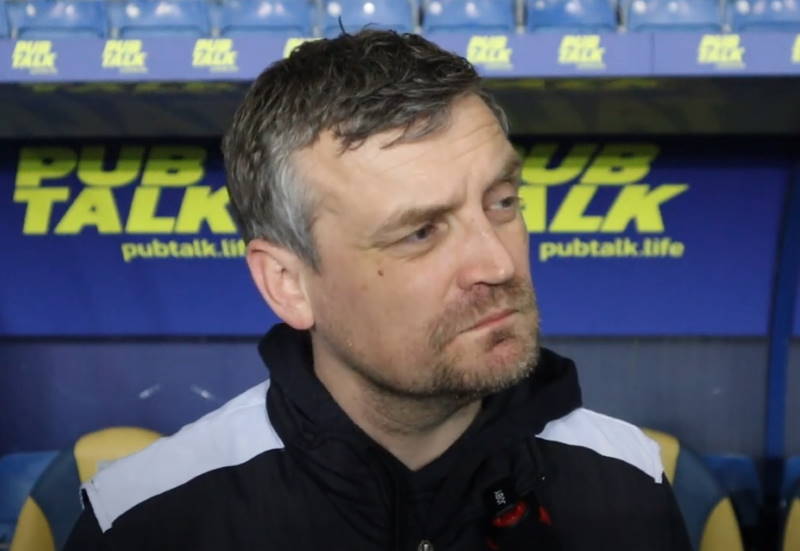
Tom Mukherjee
Arsenal’s financial health has long remained an intriguing subject for football enthusiasts. The only subject possibly more intriguing in English football is Arsene Wenger’s strict policy concerning transfers and wages. How they relate to each other; and more importantly, what the future holds for the team even opposing fans love to watch?
Arsene Wenger stands tall in the stand of Old Trafford. He keeps his cool when commenting about grossly unfair referring decision against him, or when the crowd of his biggest rivals throw explosive words. Strong belief and sense of purpose keeps him so unfazed – in front of an abusive crowd, against a xenophobic media, against the disbelief of a part of his own fans and players, and under the pressure of four fruitless years after a tremendous run of success. He has chosen not to become reactive in the wake of trying times.
A Remarkable Transformation
Nowadays fans are used to watching Arsenal playing free-flowing total football; it’s hard to believe that once the Gunners were known for their boring defensive style, producing clean sheet after clean sheet with commanding bullying defenders. Many feel that Wenger’s biggest success at Arsenal is not a pile of trophies, but this change to the team whose soul now is as open and free as it’s game. Arsenal are now a consortium of internationals from every corner of the world, and one of the top breeding grounds for new stars.
The New Challenge
After the ‘Invincibles’ era, Wenger could have rested on his laurels, or moved on to the Madrids or the Milans of the world. However, for the last few years, after the new (and allegedly very quiet) Emirates Stadium took over from the legendary Highbury, the professor has embarked on a new challenge. His previous mission has, to a good extent, changed the style of English club football. If his new mission succeeds, it may change the way big clubs worldwide plan their winning strategy.
Arsenal’s new challenge sounds very simple, live within your means and whilst doing so remain a super-club. That breaks down to: keep winning trophies, keep posting profits, be in the top 10 richest clubs when measured by turnover, keep a high credit rating and control debt, retain brand-value worldwide; and do all these by spending only as much as you earn, retaining the current management and remaining focused on long term goals.
The Approach And The Setbacks
The foremost step that the Arsenal board took to become an independent super-club was to replace the 36,000 capacity Highbury with a 60,000 stadium at Ashburton Grove. They debated and rejected the option of renting Wembley from the FA, and consistently remained hostile to rumoured takeovers; eventually causing the departure of vice-chairman David Dein, a close ally of Arsene Wenger, who disagreed on both counts. The board also decided to ride the housing boom and develop premier apartments on the site of the old ground, named Highbury Square, which should help stadium loan repayments: at least it seemed that way when the property bubble was fully inflated.
Two unforeseen economic factors hit this otherwise sound looking plan. Firstly, the rapid fall of Sterling against Euro and Dollar, thus weakening British clubs relative spending power in the world transfer market. Secondly, the bursting of the housing bubble, leaving some of the Highbury Square apartments unoccupied and at the same time losing value.
Wenger’s Financial Principles
Perhaps this is the time when Wenger polished and adapted his principles to align with his club’s policies and the changing world around him. The professor decided that in the present circumstances he had to choose one of two extremes, and the club’s financial backbone was not strong enough to go the Chelsea route of spend now and worry about the balance sheet later. Or perhaps, he simply chose to follow his heart.
Wenger put an iron leash on an already tight wage and transfer budget. That actually made it easier for some of the ‘Invincibles’ to leave the club, as Arsenal didn’t try to match the sky-high offers they received from elsewhere. More importantly, the replacements were not big names, nor even experienced professionals. They were either Arsenal academy juniors, or promising but very young talents brought from around the world.
Arsenal’s Recent Financial Figures – Not That Bad
Wenger’s steps are almost a revolution considering Arsenal are one of the biggest club in the world, but find themselves operating like a bottom-half Premier League team. This and also the lack of immediate success of his new financial principles, has generated wide interests and criticism. Detractors accuse Wenger and the board of being miserly beyond reason, however supporters say this is the only way to keep the club afloat in trying financial times.
So what is Arsenal’s current financial situation, and especially do they have too much debt? Looking at some of recent figures and statistics, it seems that the club is doing well enough in comparison to other European superpowers. Arsenal actually made more profit than others last season, that too through winning nothing. They have healthy stadium attendance levels, which, combined with high ticket prices is a very steady source of income. They also remain highly “creditable”, and are ranked within top five of Forbes Soccer team valuations and the Deloitte Football Money League.
| Arsenal | Manchester United | Liverpool | Chelsea | Barcelona | Real Madrid | |
| Revenue in 2008 (in M as per Deloitte Football Money League) |
£209.3 | £257.1 | £167 | £212.9 | £244.4 | £289.6 |
| Holding Company Debt (in M) |
£297.5 (08/09) | £699 (07/08) | £299.5 (08/09) | £701 (07/08) | Not Significant | £297 (current) |
| Holding Company Profit 08/09 (before tax in M) |
£45.5 (08/09) | -£44.8 (07/08) | -£40.9 (08/09) | -£84.5 (07/08) | €10.1 (07/08) | €19 (Expected 08/09) |
| Avg. stadium attendance (aprx figure in 08/09) |
60,000 | 76,000 | 43,000 | 42,000 | 71,000 | 72,000 |
| Equifax Credit Score (May ‘09) |
98 | 100 | 26 | 10 | N/A | N/A |
An Epic Choice between Right And Easy
Arsene Wenger looks fairly sure of what he is doing. He knows what not to do. Wenger won’t let Arsenal go the way of Leeds United, pouring money over Europe like wine. The Frenchman would rather depend on his vast scouting network to spot talent early and cheaply.
Wenger’s team won’t fly around the world in the summer picking up one-or-two million, he would rather prepare quietly in the Austrian wilderness. He won’t bring in anybody who cannot fit into the crux of his young team, and if anyone doesn’t wish to be a part of his battle, he’ll let them go.
Arsene Wenger has chosen right over easy. That doesn’t guarantee success. However, considering he has already proved that in the era of cheap money and cheaper loyalty a club can stay at the top table by living within its means, he should be applauded for treading what fans know in their heart is the right path.
Arsenal 09/10 Hoodie Arsenal 08/10 FABREGAS
Sources of Financial and Statistical figures:
1.) Deloitte Football Money League
2.) Respective Financial results/debt figures:
– Liverpool
– Arsenal
– United/Chelsea
– Barcelona
– BBC – Real debt
– Bloomberg – Real result

